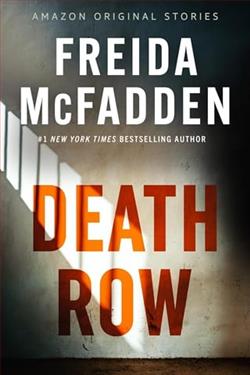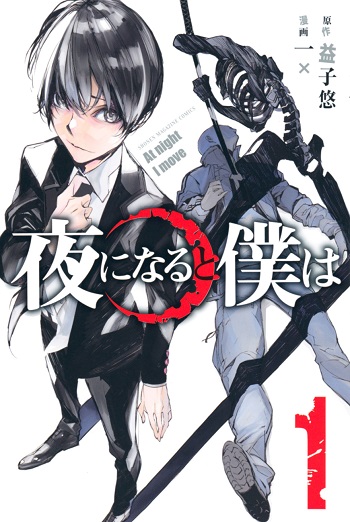Martial Peak Reviews
Freida McFadden's Death Row is a gripping short story that delves into the murky waters of justice, identity, and the human psyche. Known for her ability to weave suspenseful narratives, McFadden once again captivates readers with a tale that is as thought-provoking as it is thrilling. As part of the Alibis collection, this story explores the fine line between truth and deception, challenging readers to question the very nature of reality and justice.
The protagonist, Talia Kemper, is a woman on death row, convicted of murdering her husband. From the outset, McFadden paints Talia as a complex character, one whose unwavering claims of innocence are both haunting and compelling. The story opens with Talia facing the grim reality of her impending execution, her hope for an appeal dwindling with each passing day. This sets the stage for a narrative that is both tense and emotionally charged.
What makes Death Row particularly engaging is McFadden's skillful use of suspense. The plot takes a dramatic turn when Talia, during a visit in the prison's visiting area, spots a man she believes to be her supposedly deceased husband. This revelation is not just a twist in the story but a catalyst that propels the narrative forward, forcing both Talia and the reader to question everything that has been assumed to be true. McFadden masterfully maintains this tension throughout the story, keeping readers on the edge of their seats as they ponder the implications of this discovery.
The theme of identity is central to the story. Talia's encounter with the man she believes to be her husband raises profound questions about identity and perception. Is Talia's husband truly alive, or is this a figment of her desperate imagination? McFadden explores these questions with a deft touch, allowing the ambiguity to linger just long enough to keep readers guessing. This exploration of identity is reminiscent of works by authors like Gillian Flynn, who similarly delve into the complexities of human perception and the often-blurred lines between reality and illusion.
Another significant theme in Death Row is the concept of justice. Talia's situation highlights the flaws and limitations of the justice system, particularly when it comes to cases built on circumstantial evidence. Her conviction, despite having an alibi and no apparent motive, underscores the potential for miscarriages of justice. McFadden uses Talia's plight to critique the system, inviting readers to reflect on the broader implications of her story. This theme is reminiscent of works like John Grisham's The Innocent Man, which similarly examines the fallibility of the legal system.
Character development is another area where McFadden excels. Talia is a well-rounded character, her strength and vulnerability portrayed with equal depth. Her determination to prove her innocence, even in the face of overwhelming odds, is both inspiring and heartbreaking. McFadden's portrayal of Talia's emotional journey is nuanced, capturing the despair, hope, and resilience that define her character. This depth of character development is a hallmark of McFadden's writing, setting her apart from other authors in the genre.
In terms of overall impact, Death Row is a story that lingers long after the final page is turned. McFadden's ability to weave a narrative that is both suspenseful and thought-provoking is a testament to her skill as a storyteller. The story's exploration of themes such as identity, justice, and truth resonates with readers, prompting them to reflect on their own perceptions and beliefs. This is a story that not only entertains but also challenges, making it a standout addition to the Alibis collection.
In comparison to other similar stories, Death Row holds its own with its unique blend of suspense and psychological depth. While it shares thematic elements with works by authors like Flynn and Grisham, McFadden's distinctive voice and narrative style set it apart. Her ability to create tension and intrigue within the confines of a short story is particularly impressive, showcasing her talent for crafting compelling narratives in a concise format.
In conclusion, Freida McFadden's Death Row is a masterful short story that combines suspense, psychological depth, and social commentary. With its well-developed characters, engaging plot, and thought-provoking themes, it is a story that will appeal to fans of psychological thrillers and legal dramas alike. McFadden's ability to challenge readers' perceptions and provoke reflection makes this a story that is not to be missed.
























Reviews 0
Post a Reviews: